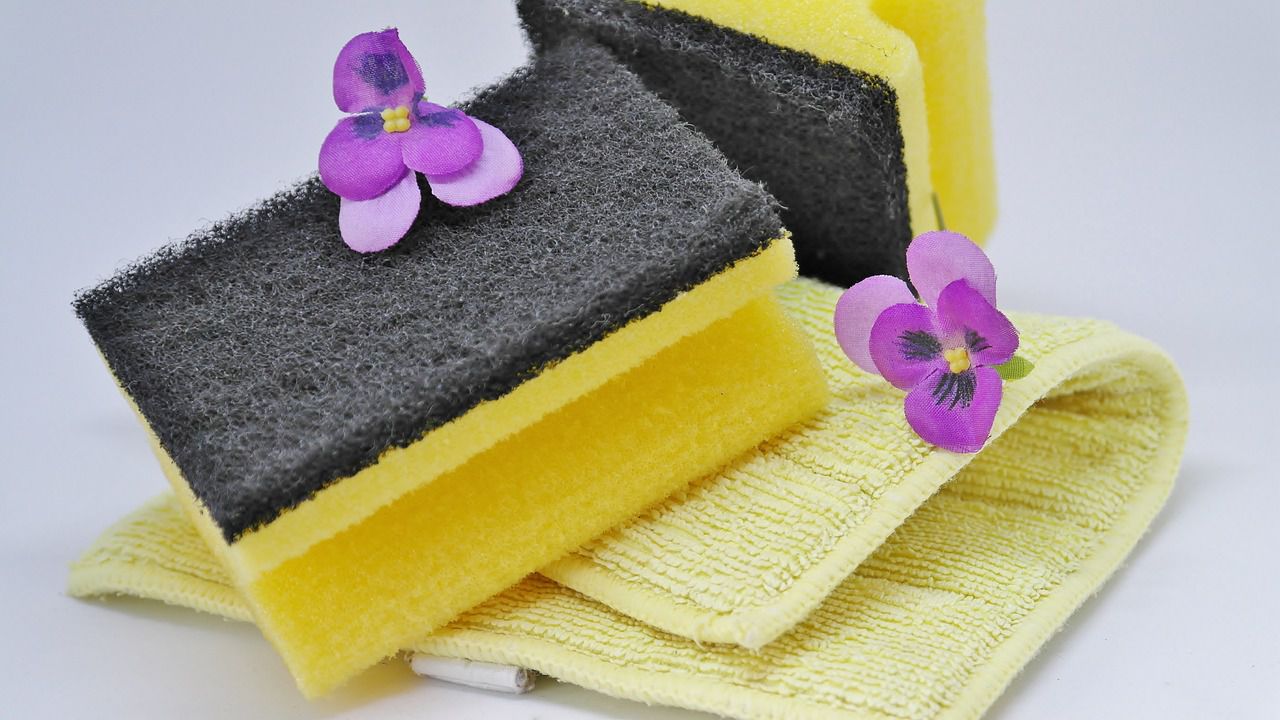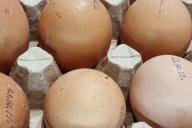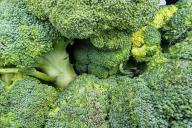Smell in the kitchen can make or break the whole atmosphere of your house.
If your dish sponges smell bad, then it's a sign that you do something wrong.
Here are a few reasons why your sponges might smell bad.
Moisture
Dish sponges remain damp for extended periods, as they are often used for cleaning tasks involving water.
The moisture provides an ideal environment for bacteria to thrive and multiply.

Food Residue
Food particles and organic matter can get trapped in the tiny crevices of the sponge.
Over time, these food remnants break down, leading to bacterial growth and the release of unpleasant odors.
Bacterial Growth
Bacteria naturally present on our hands, dishes, and kitchen surfaces can transfer to the sponge during use.
The warm and moist conditions in the sponge promote bacterial growth.
As bacteria multiply, they release metabolic byproducts, some of which have a strong odor.
Inadequate Cleaning and Drying
If the dish sponge is not properly cleaned and thoroughly rinsed after each use, it can harbor more bacteria and food particles.
Additionally, if the sponge is not allowed to dry completely between uses, the moisture encourages bacterial growth, intensifying the unpleasant smell.
Extended Use
Dish sponges have a limited lifespan and should be replaced regularly.
Over time, even with proper cleaning and drying, the sponge's structure can break down, allowing bacteria to accumulate more easily and leading to persistent odor.









